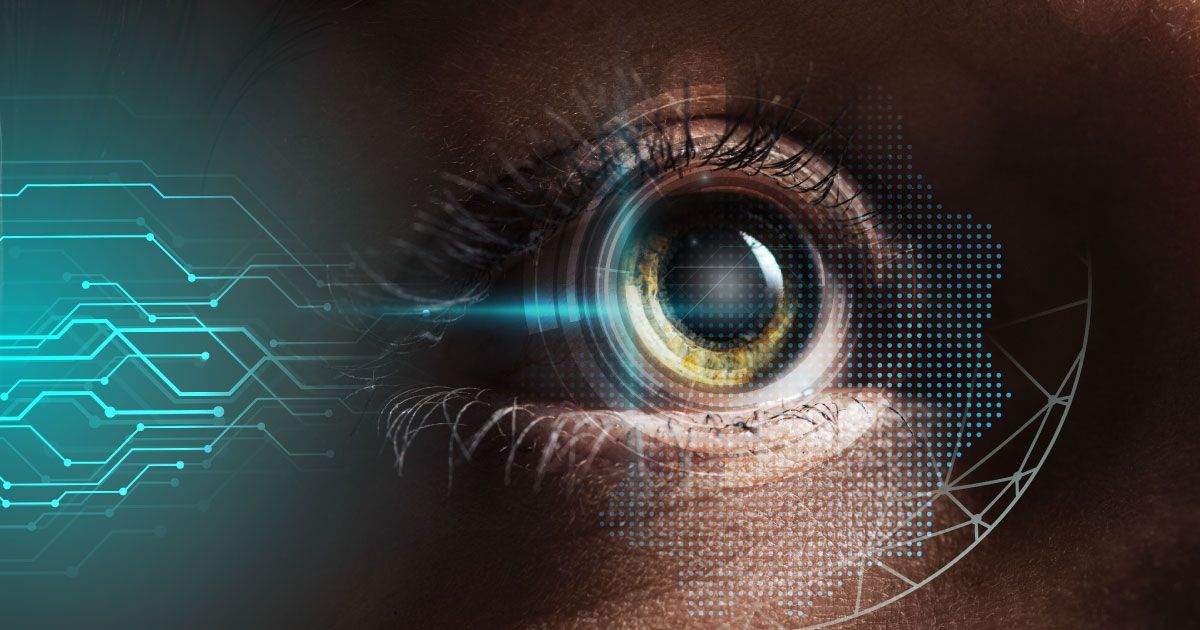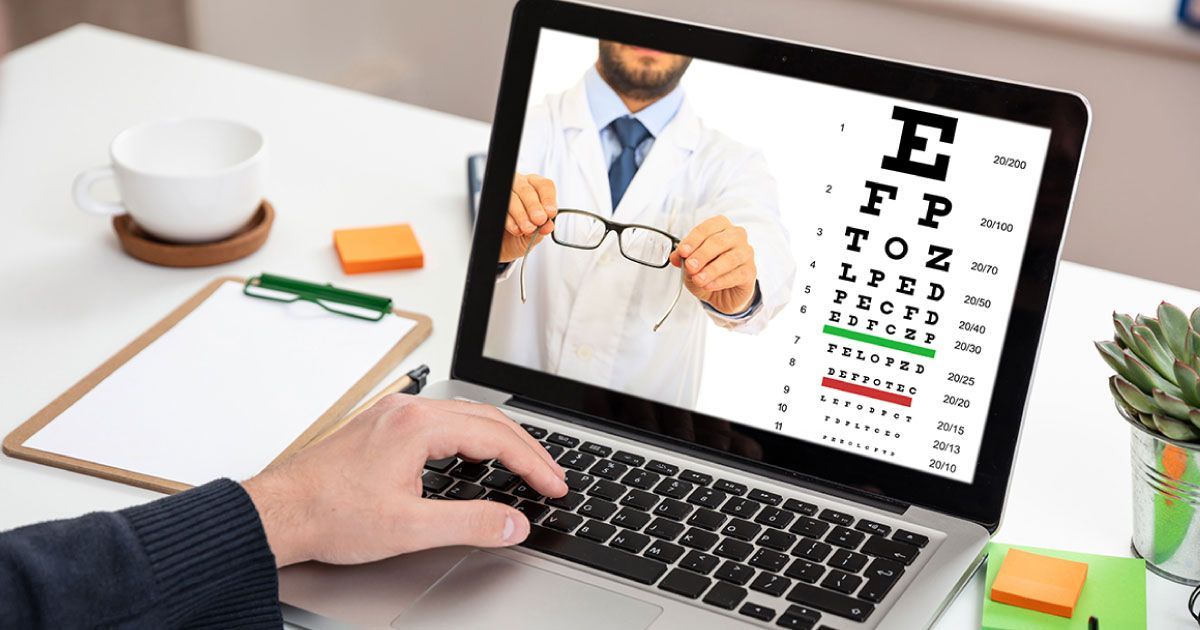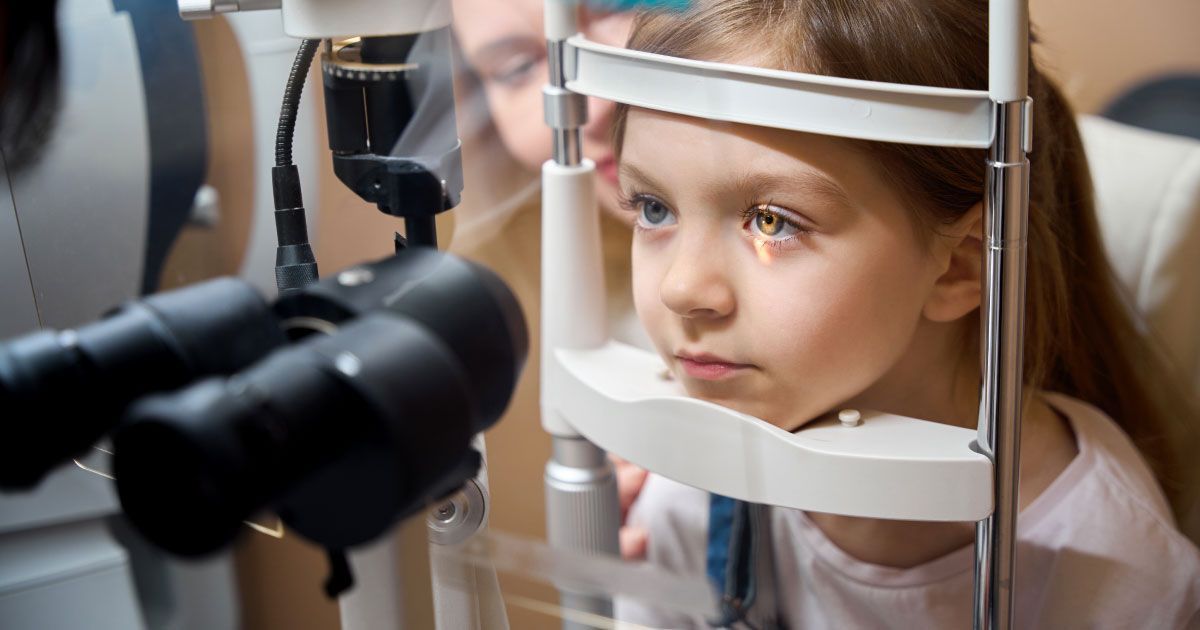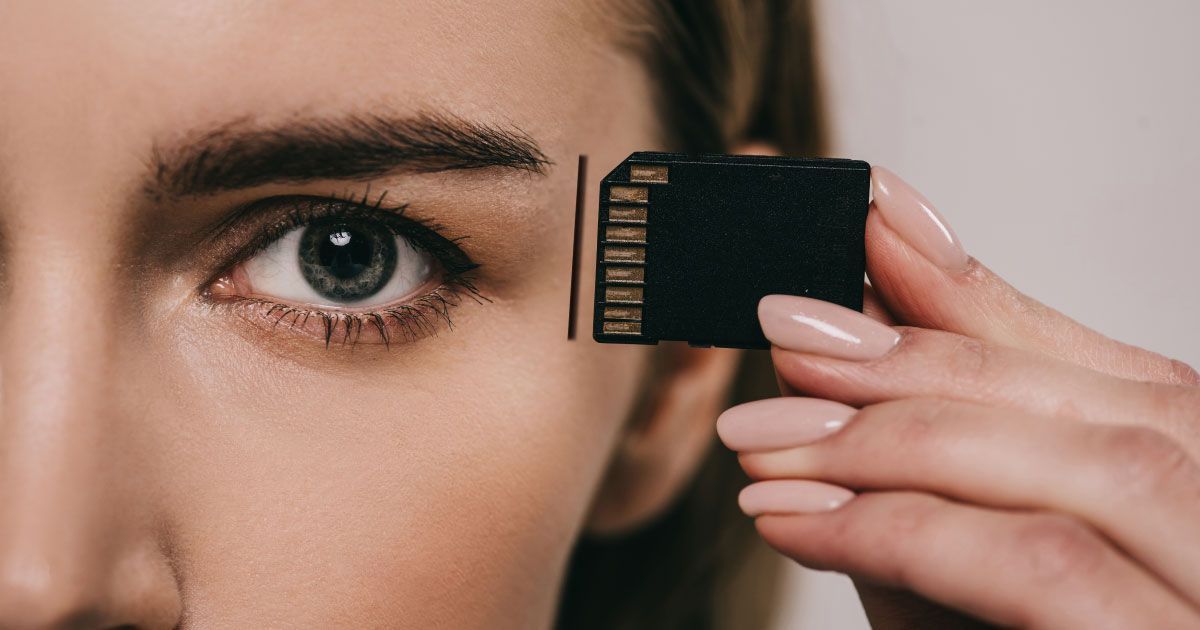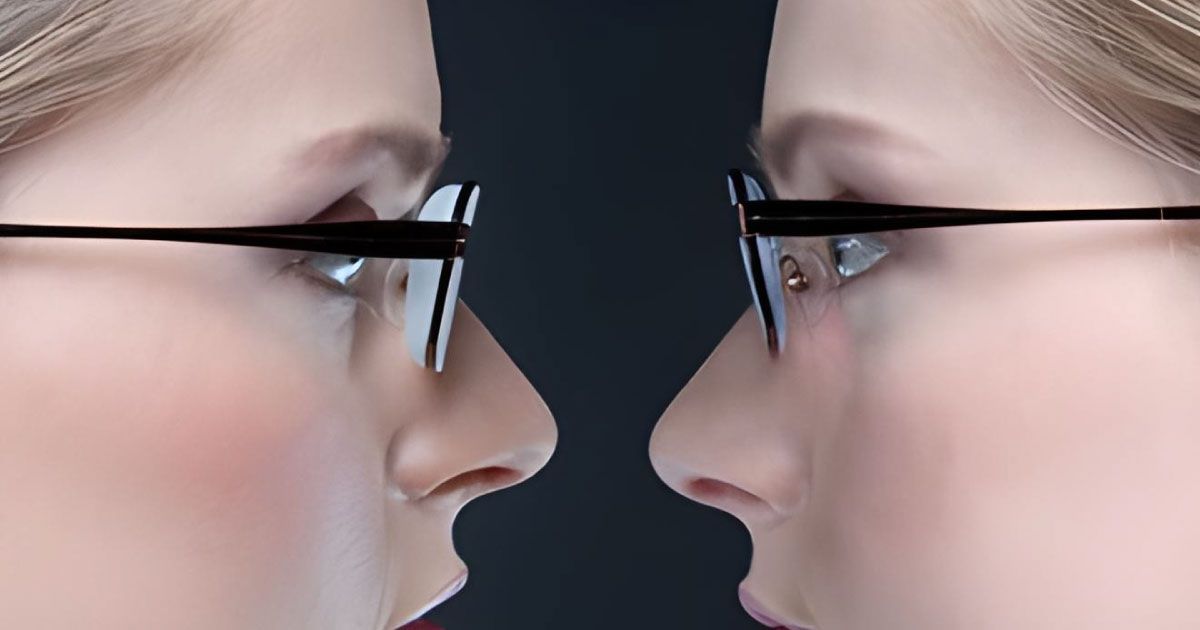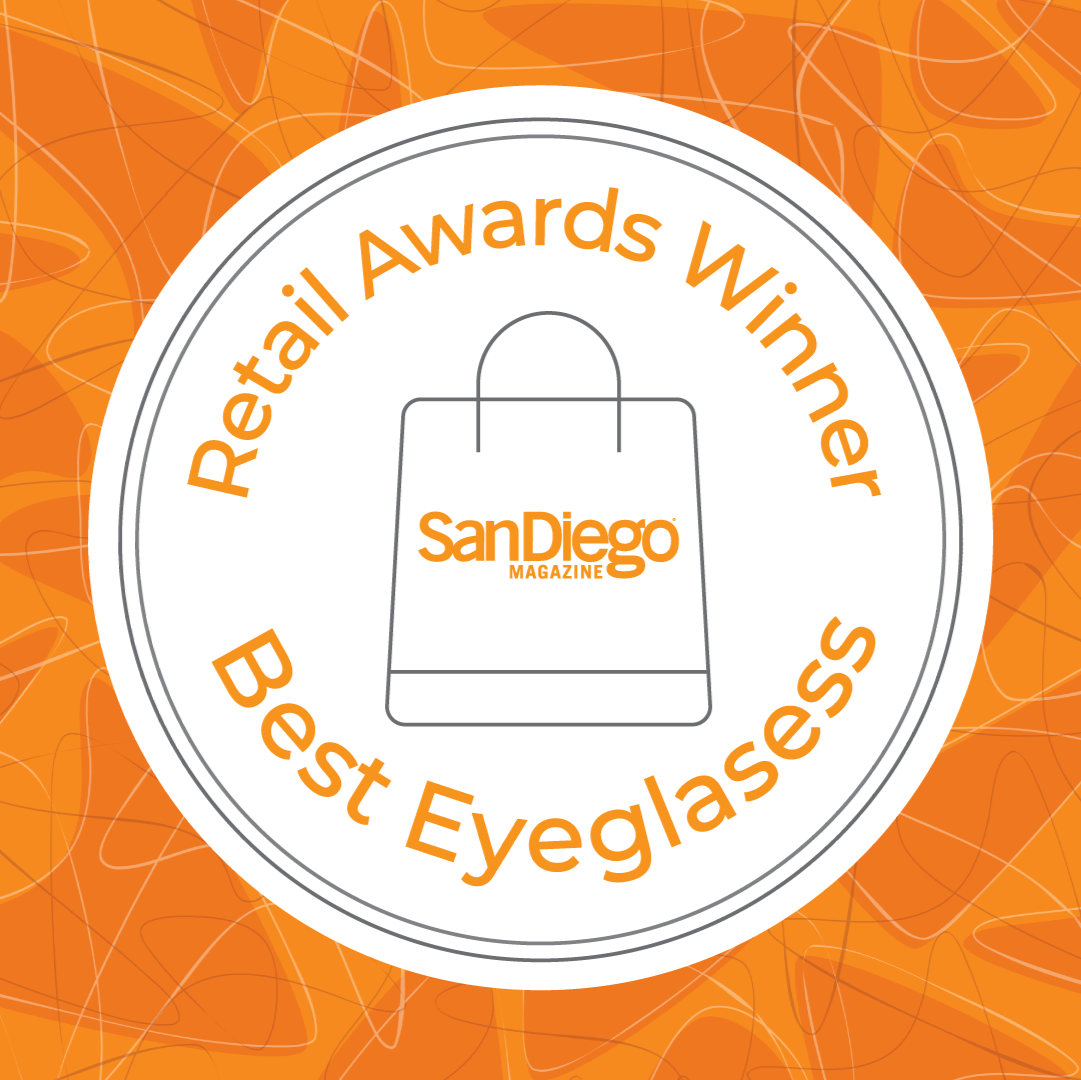The Pitfalls of Using "Dr. Google" to Diagnose Eye Conditions
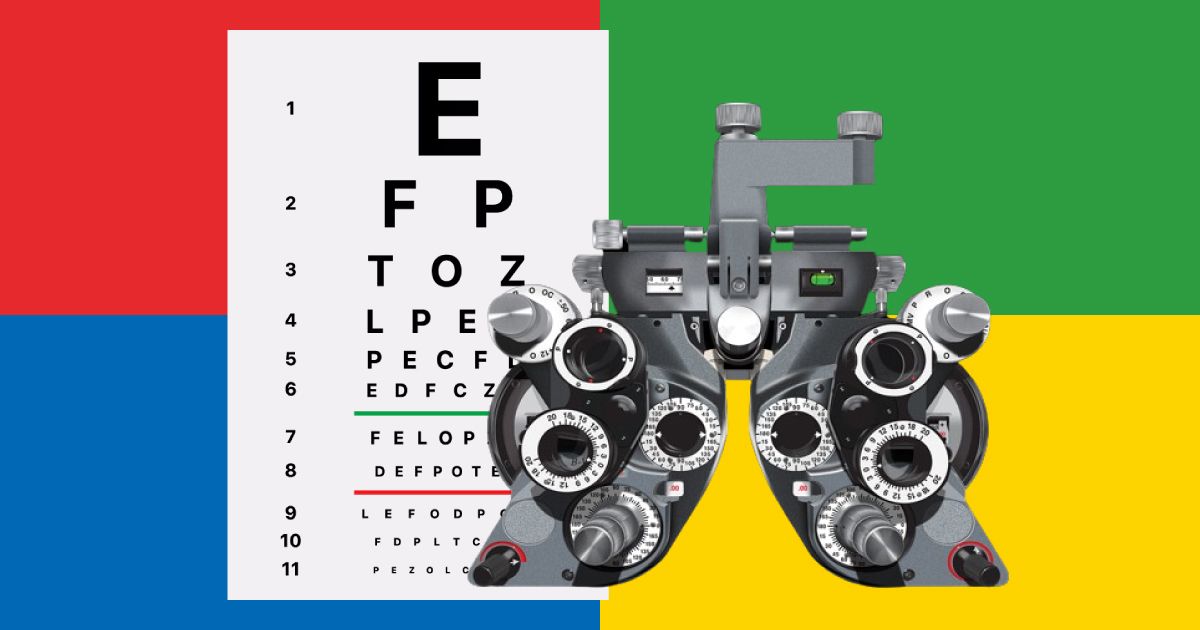
Read time: 5 minutes
In the age of digital information, turning to the internet for quick answers to health concerns is a common trend, often referred to as consulting “Dr. Google.” This is especially prevalent among individuals experiencing eye-related symptoms. While the internet offers instant access to a wealth of information, relying on it for diagnosing eye conditions can lead to significant pitfalls.
This article delves into the positives and negatives of using the internet for self-diagnosis, the potential consequences of incorrect self-diagnosis, and the importance of consulting a medical professional for accurate diagnosis and treatment. Accurate diagnosis and appropriate treatment are crucial for maintaining eye health, underscoring the need to understand the risks associated with self-diagnosis online.
The Positives of Using the Internet for Eye Health Information
- Accessibility to Information: One of the primary benefits of using the internet for health information is its accessibility. Within seconds, individuals can find articles, videos, and forums discussing a wide range of eye conditions. This easy access to information can help people become more informed about their symptoms and potential eye issues.
- Increased Awareness of Potential Eye Conditions: The internet can serve as an educational tool, increasing awareness about various eye conditions. By reading about symptoms and treatments, individuals may become more vigilant about their eye health and more likely to seek professional help when necessary.
- Empowerment Through Knowledge: Having access to a wealth of information empowers individuals to take an active role in their health care. Understanding potential eye conditions and treatments can help patients have more informed discussions with their eye care professionals, leading to better health outcomes.
The Negatives of Using the Internet for Self-Diagnosis
- Risk of Misinformation: The internet is rife with misinformation. Not all sources are reliable or accurate, and distinguishing between credible information and misleading content can be challenging. This risk is particularly high for eye conditions, where symptoms can overlap significantly across different diagnoses.
- Anxiety and Self-Misdiagnosis: Reading about severe or rare eye conditions online can lead to unnecessary anxiety and fear. This phenomenon, known as cyberchondria, can cause individuals to worry excessively about their health based on inaccurate or incomplete information. Moreover, self-diagnosis can result in mistaking benign symptoms for serious conditions, leading to unnecessary stress.
- Lack of Personalized Medical Advice: Online information is general and cannot account for an individual’s unique medical history and specific symptoms. Eye conditions often require a personalized approach for accurate diagnosis and treatment, something that only a professional eye care provider can offer.
Potential Consequences of Incorrect Self-Diagnosis
One of the most significant risks of self-diagnosing eye conditions is the potential for delayed treatment. Misinterpreting symptoms or downplaying their severity can prevent individuals from seeking timely medical intervention, leading to the progression of serious eye diseases.
Incorrect self-diagnosis can lead to the misuse of over-the-counter treatments, which may not be appropriate for the actual condition. For example, using allergy eye drops for what is actually an infection can exacerbate symptoms and delay proper treatment.
Consider the case of an individual who experiences blurry vision and, after consulting Dr. Google, concludes they have dry eyes. They might purchase over-the-counter artificial tears, only to discover later that their blurry vision was due to a more serious condition like glaucoma, which requires professional medical treatment. Such delays in receiving the correct diagnosis can result in permanent vision loss or other severe complications.
The Importance of Professional Medical Advice
Eye care professionals have the expertise and tools necessary to accurately diagnose and treat eye conditions. Regular eye exams can detect issues that might not present obvious symptoms, ensuring early intervention and better health outcomes.
- Comprehensive Eye Exams and Accurate Diagnosis: A professional eye exam includes a thorough evaluation of your vision and eye health. Eye care providers can identify a range of conditions, from refractive errors to more serious diseases like macular degeneration or diabetic retinopathy, and provide appropriate treatments based on the diagnosis.
- Personalized Treatment Plans: Eye care professionals offer personalized treatment plans tailored to an individual’s specific needs. This approach ensures that patients receive the most effective treatments and management strategies for their unique conditions, something that general online advice cannot provide.
Trusted Online Resources for Eye Health Information
While it’s crucial to consult a medical professional for a definitive diagnosis and treatment, certain trusted online resources can offer reliable information on eye health. Here are five reputable sites:
- American Academy of Ophthalmology (AAO): The AAO provides comprehensive information on a wide range of eye conditions, treatments, and preventive measures. Their website is an excellent resource for patients seeking credible and up-to-date eye health information.
- National Eye Institute (NEI): Part of the National Institutes of Health, the NEI offers detailed information on eye conditions, ongoing research, and eye health tips. Their content is evidence-based and regularly updated.
- Mayo Clinic: The Mayo Clinic’s website is well-regarded for its accurate and reliable health information. They provide extensive resources on eye conditions, symptoms, and treatments, written and reviewed by medical professionals.
- WebMD: WebMD (with caution) is a popular source for health information, including eye conditions. While it can be a useful starting point, it’s important to verify the information with a medical professional, as WebMD’s content is sometimes general and not specific to individual cases.
- MedlinePlus: Operated by the U.S. National Library of Medicine, MedlinePlus offers a wealth of information on eye conditions and other health topics. The site is a reliable resource for understanding symptoms, treatments, and preventive care.
If You Suspect You Have an Eye-Related Condition
If you suspect you have an eye-related condition, it’s crucial to make an appointment today to visit our practice. Our qualified optomettrists can diagnose many common eye conditions and provide appropriate treatment. If necessary, we can also refer you to one of our trusted ophthalmology specialists for further care. Don’t delay in seeking professional medical advice - early diagnosis and treatment are key to maintaining your eye health.
The Takeaway
While the internet provides valuable information on eye health, it’s essential to approach it with caution. The risk of misinformation, self-misdiagnosis, and delayed treatment can have serious consequences for eye health. Consulting trusted online resources can offer insights and increase awareness, but nothing can replace the personalized care and expertise of a professional eye care provider. For accurate diagnosis and effective treatment, always seek professional medical advice. Use the internet to supplement your knowledge, not replace professional consultations.
Remember, when it comes to your eyes, it’s better to be safe than sorry. Trust the experts, and ensure your vision health is in the best hands.
Share this blog post on social or with a friend:
The information provided in this article is intended for general knowledge and educational purposes only and should not be construed as medical advice. It is strongly recommended to consult with an eye care professional for personalized recommendations and guidance regarding your individual needs and eye health concerns.
All of Urban Optiks Optometry's blog posts and articles contain information carefully curated from openly sourced materials available in the public domain. We strive to ensure the accuracy and relevance of the information provided. For a comprehensive understanding of our practices and to read our full disclosure statement, please click here.


